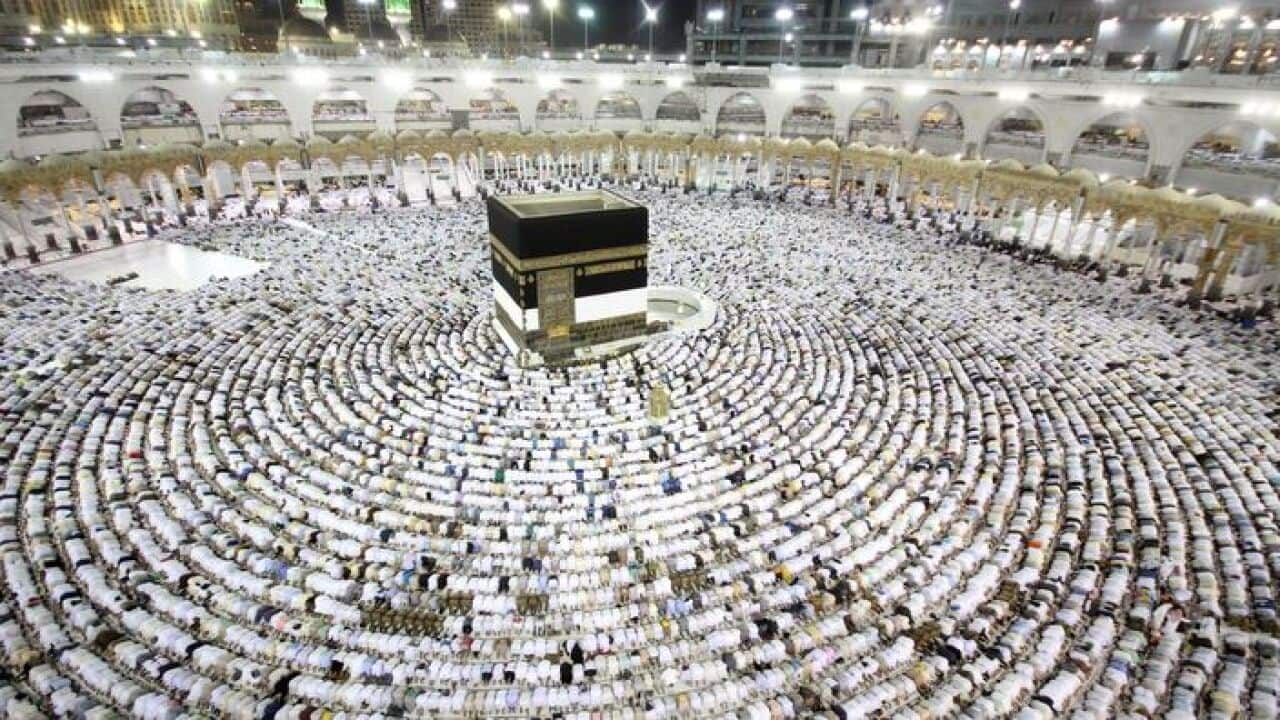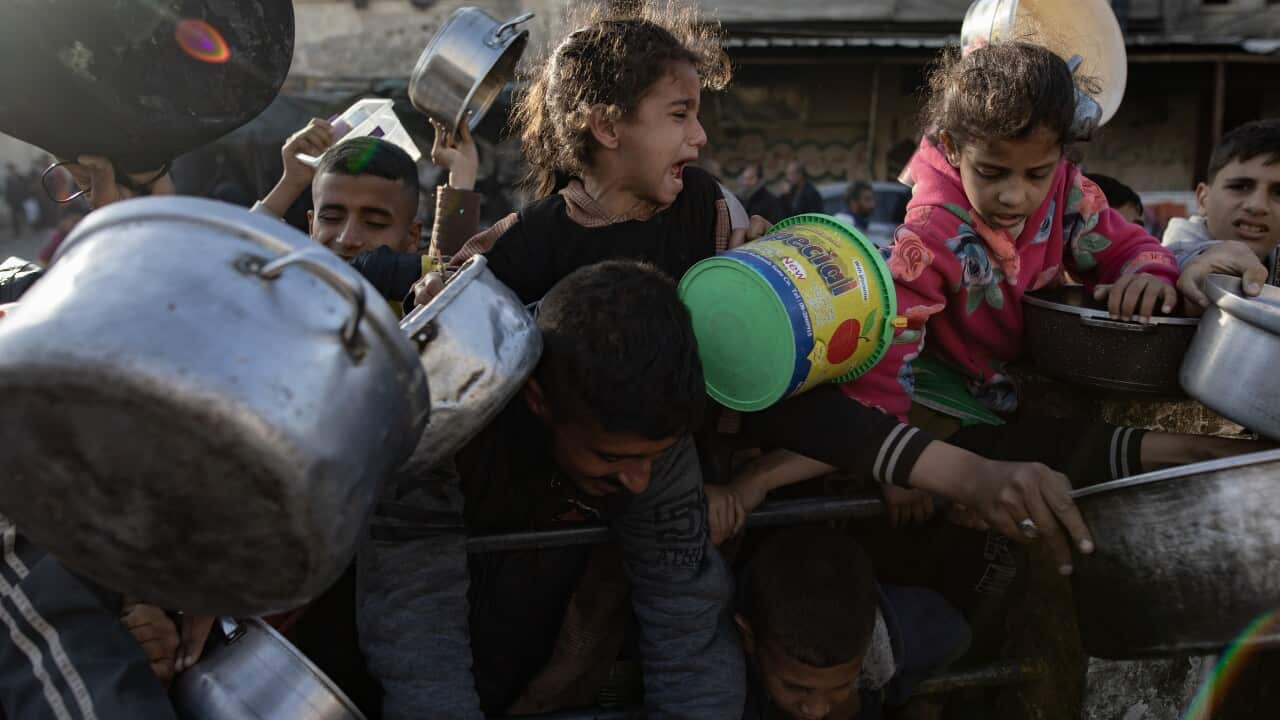It's the holiest site in the Muslim world.
Each year more than two million Muslims travel to the Kaaba in Mecca, Saudi Arabia.
Making the Hajj pilgrimage at least once in a lifetime is considered a religious obligation for all financially-able Muslims.
But this year there are calls for a boycott from activists representing all strands of the Muslim faith.
President of Muslims for Progressive Values, a United States-based organization with around 10,000 members, Ani Zonneveld is calling for a boycott.
"For Muslims to be going to the Hajj to cleanse their souls and to reconnect with God... But by doing so they will be supporting a regime that has done nothing but oppress in Yemen for example. It is really hard to reconcile."
It was the war in Yemen that led prominent Sunni Muslim clerics, like the Grand Mufti of Libya, to first call for Muslims around the world to Boycott Hajj.
The Sunni-led Saudi government is the lead actor in the international coalition fighting in Yemen's civil war.
The UN has described the situation as the biggest man-made humanitarian crisis in the world.
The hashtag Boycott-Hajj has taken off on Twitter.
Sydney-based aspiring filmmaker Faraaz Rahman has joined the call.
“Before there might have been fringe groups here and there, without any traction… but now prominent leaders are calling for it [boycott]. I hope that that leads to other religious authorities to pick up and make similar calls."
The Islamic Council of Victoria's Vice President Adel Salman doesn't personally support the boycott but can understand why many Muslims in Australia feel strongly about it.
"Performing the Hajj obviously you have to visit Saudi Arabia, you will go to the holy places, clearly that will mean you will be spending money in Saudi Arabia. But most Muslims would see it as a completing of their religious obligations and they would dissociate completely with issues of politics or the Saudi government with their religious obligation."
Malaysian university lecturer Mukhriz Mat Rus had registered on a government waitlist for the pilgrimage, but he now says he won't be going.
"Put aside politics, but I don’t think I am able to reconcile that."
He says taking a stand on human rights, is an act of faith.
Listen to the feature in Bangla in the audio player above.




